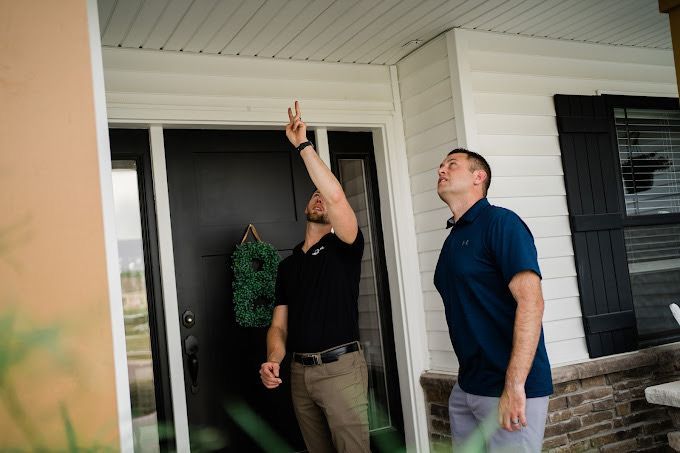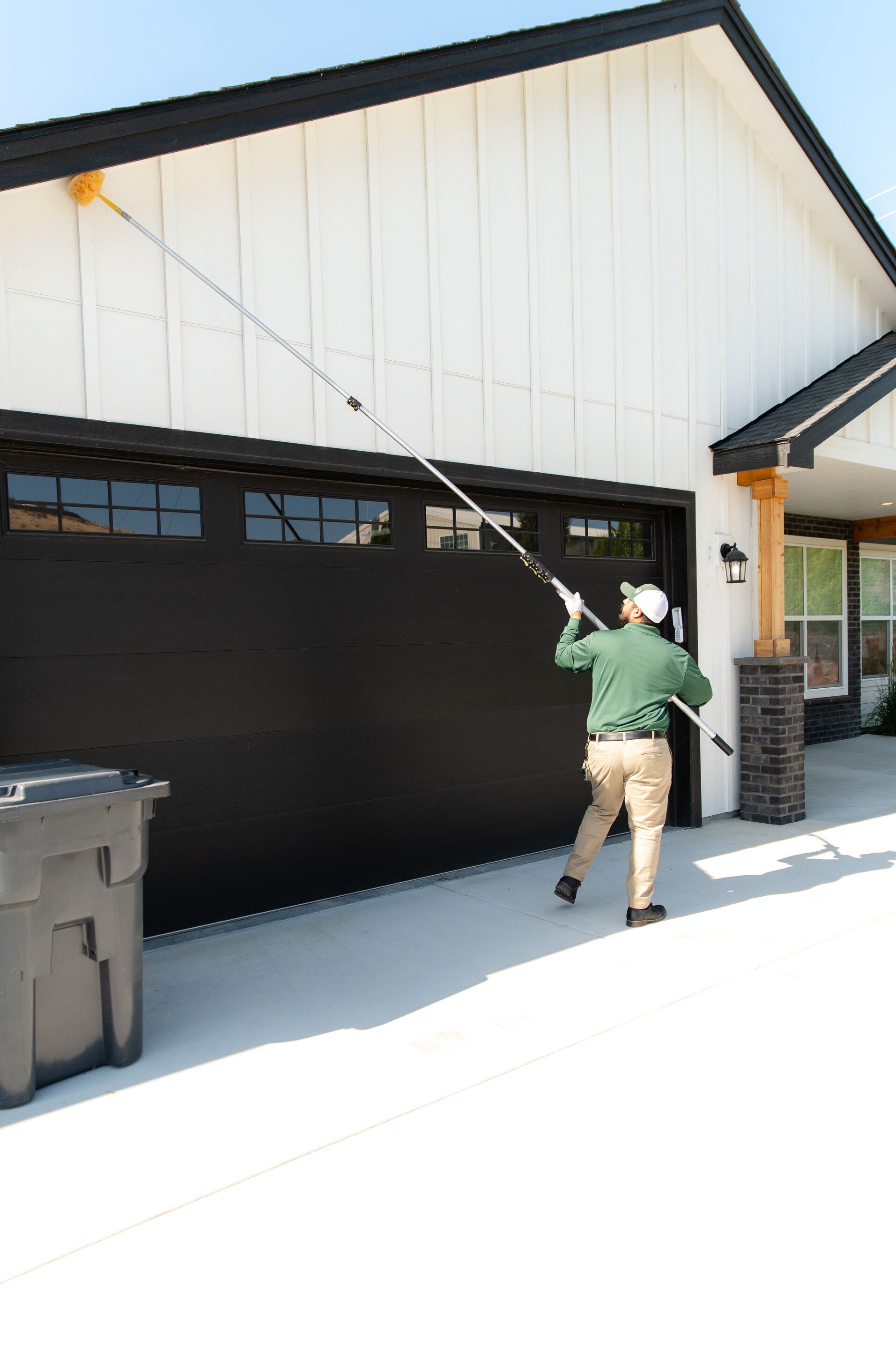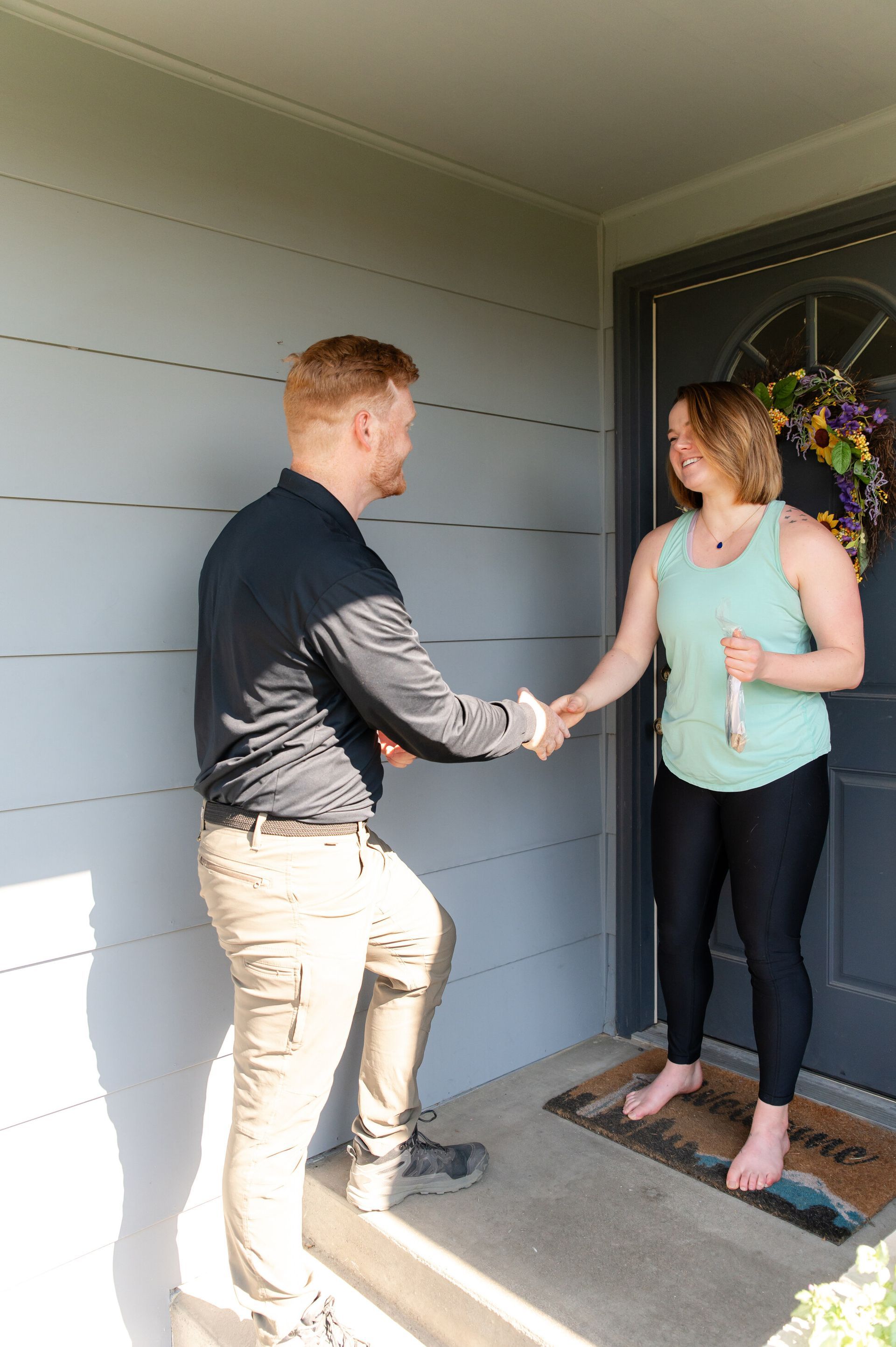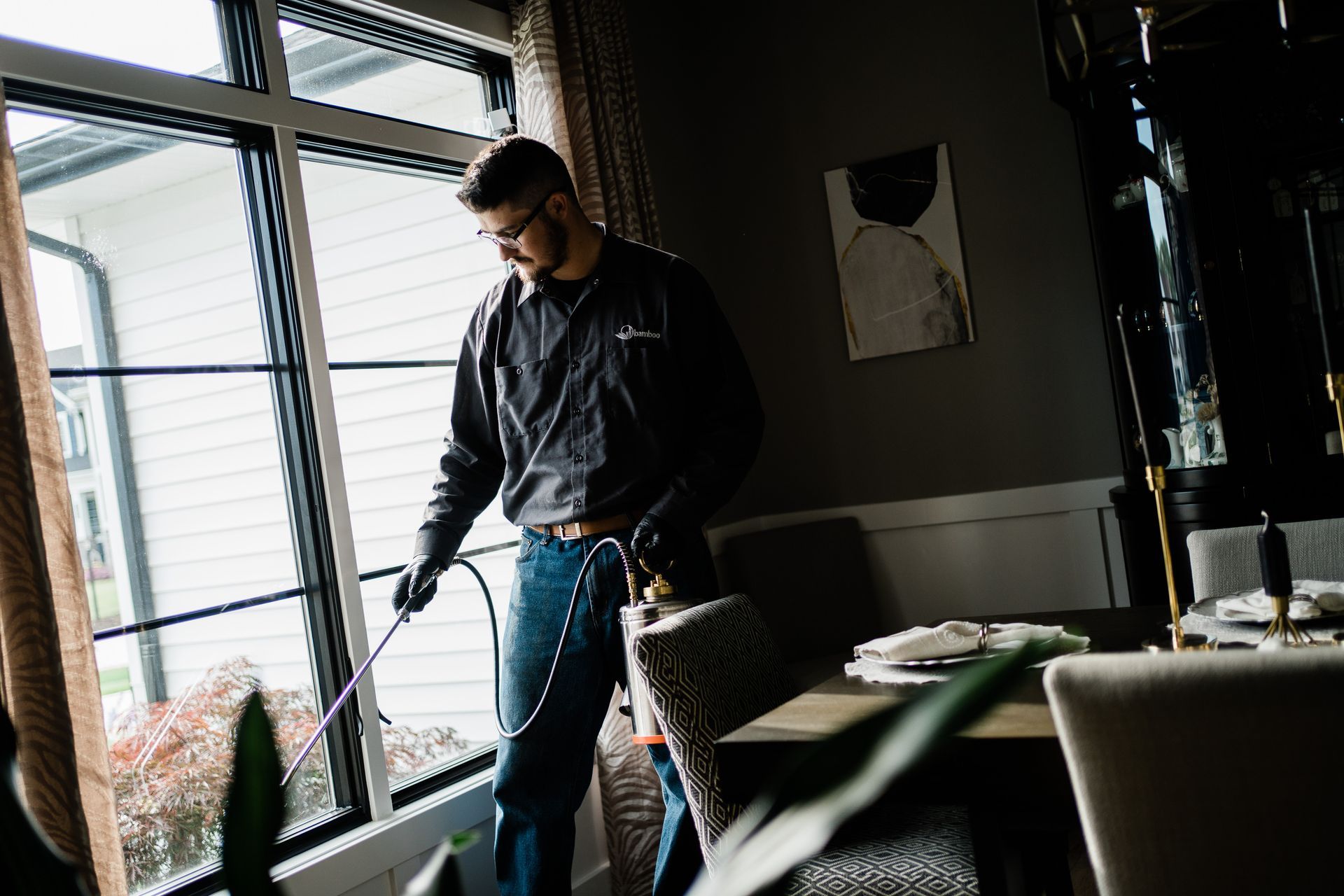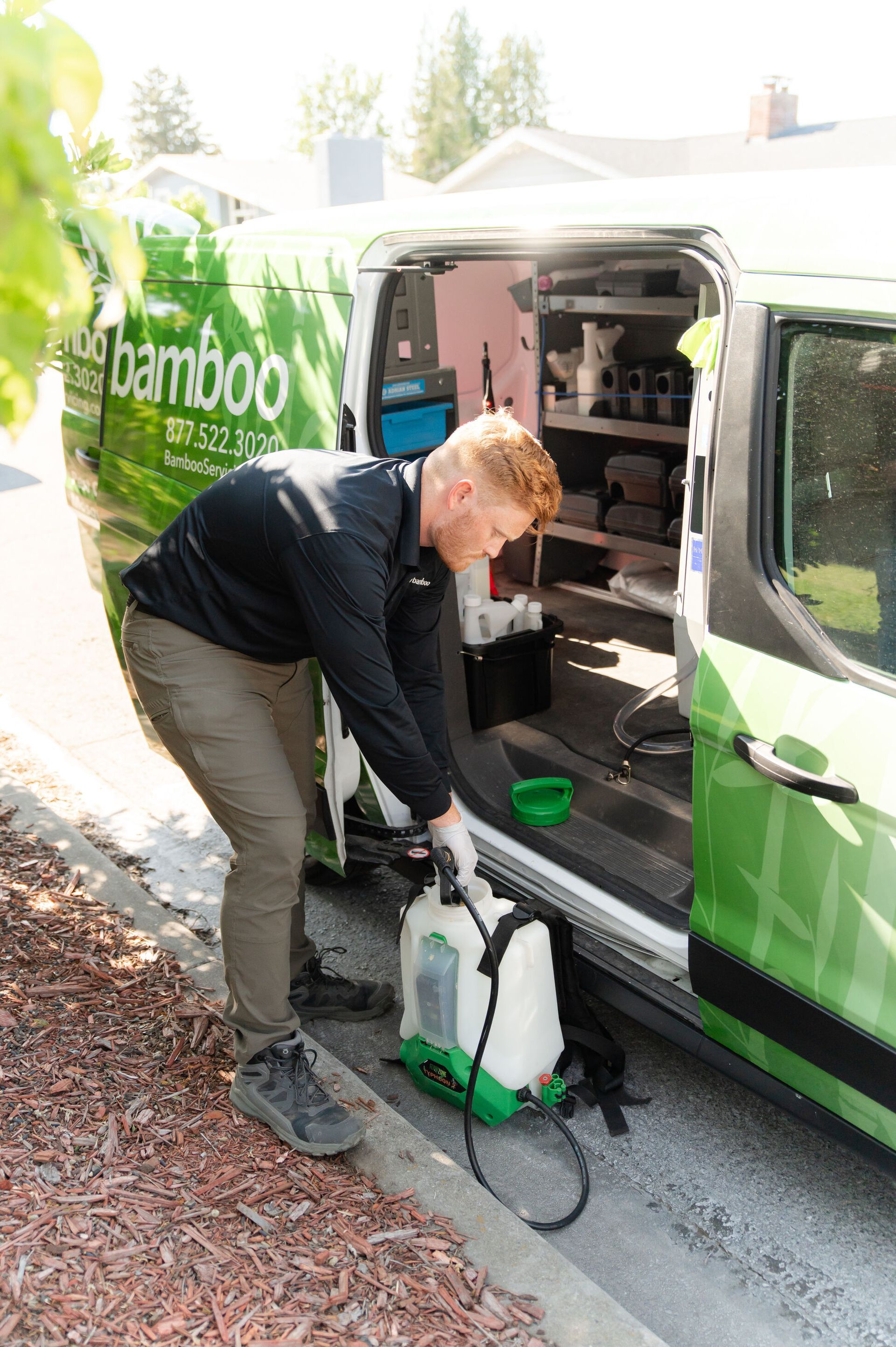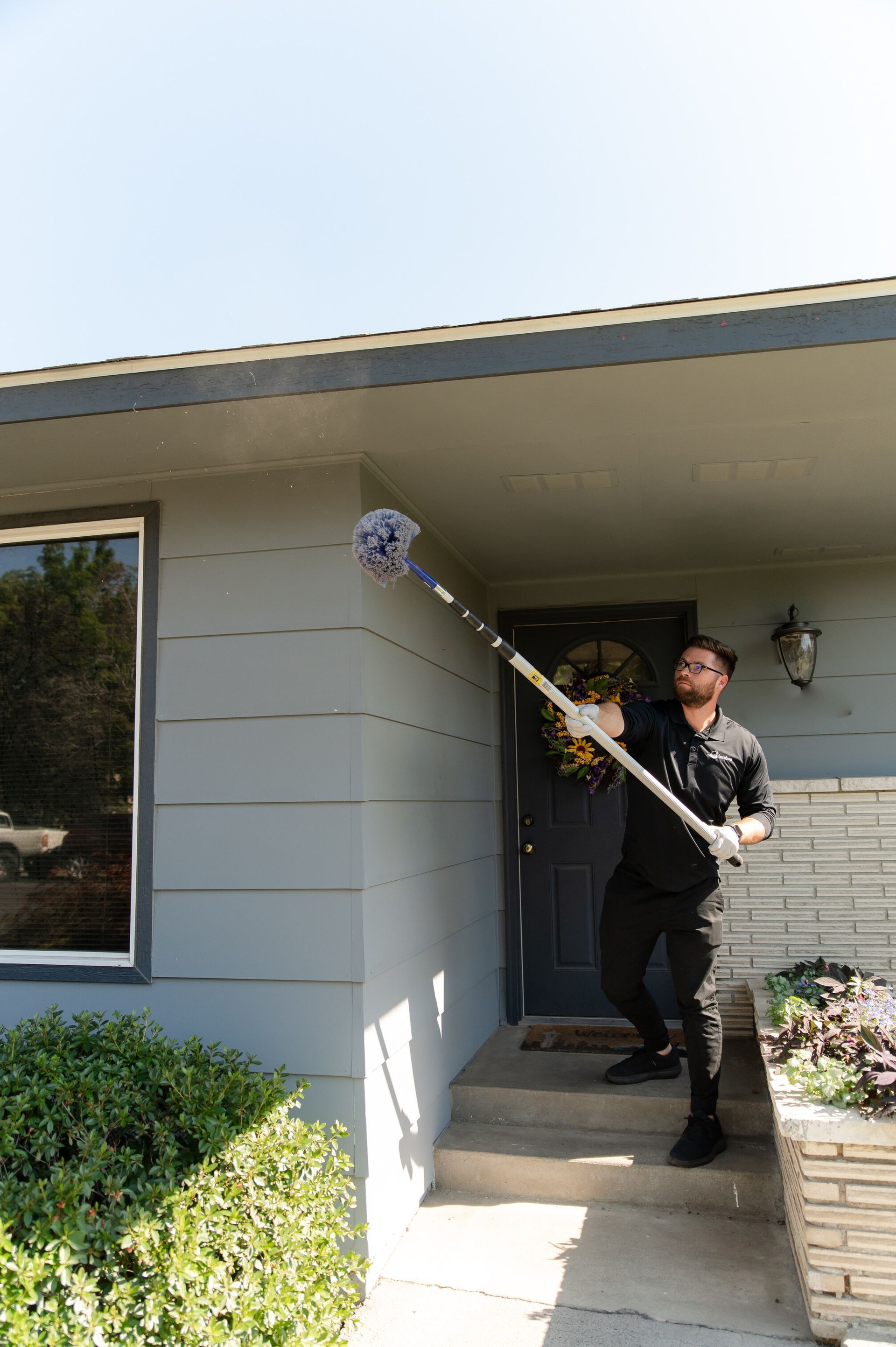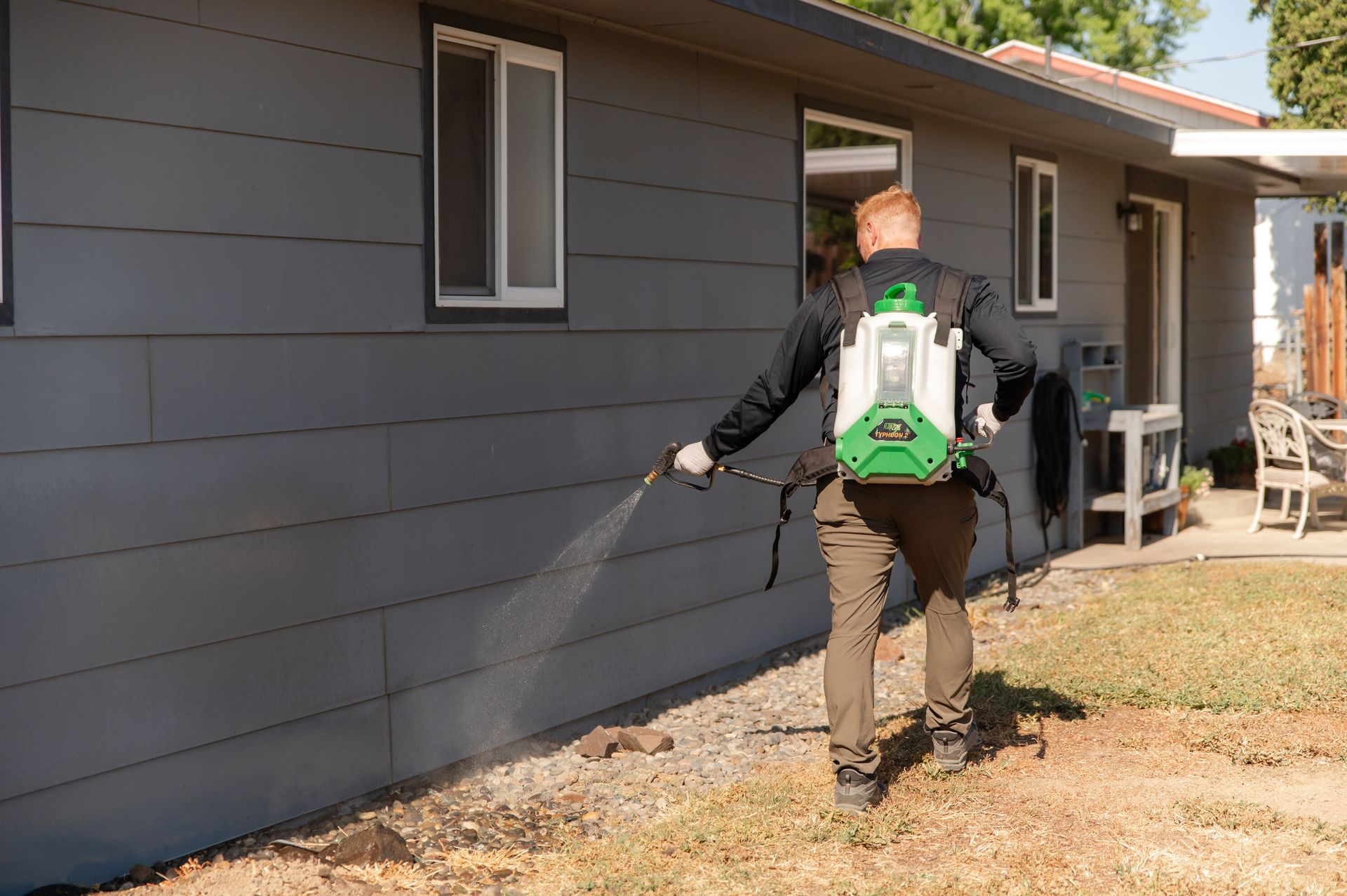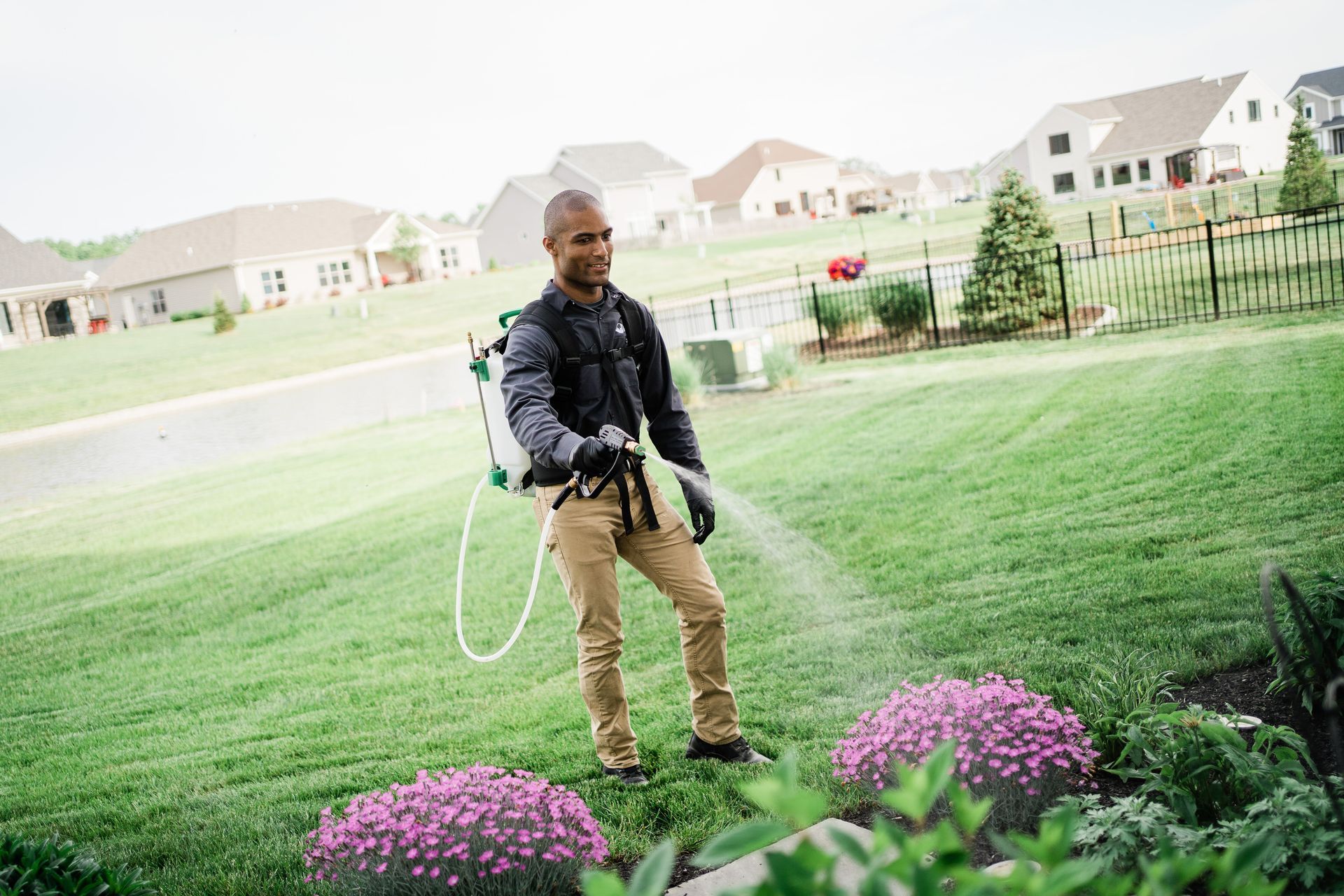Is it safe to be around pest control spray?
Is being around in a pest control spray area safe?
When it comes to the safety of being around
pest control sprays, it's essential to understand the risks and proper safety precautions to minimize exposure to potentially harmful chemicals. These chemicals, while effective at controlling pests, can pose health risks if not handled correctly.
Understanding the Risks
Pest control products often contain pesticides classified as semi-volatile organic compounds, which can impact indoor air quality and health. Exposure to these chemicals can cause irritation to the eyes, nose, and throat, damage to the central nervous system and kidneys, and potentially increase the risk of cancer. Symptoms from exposure might include headaches, dizziness, muscular weakness, and nausea. Prolonged exposure can lead to more severe health issues affecting the liver, kidneys, and endocrine systems.
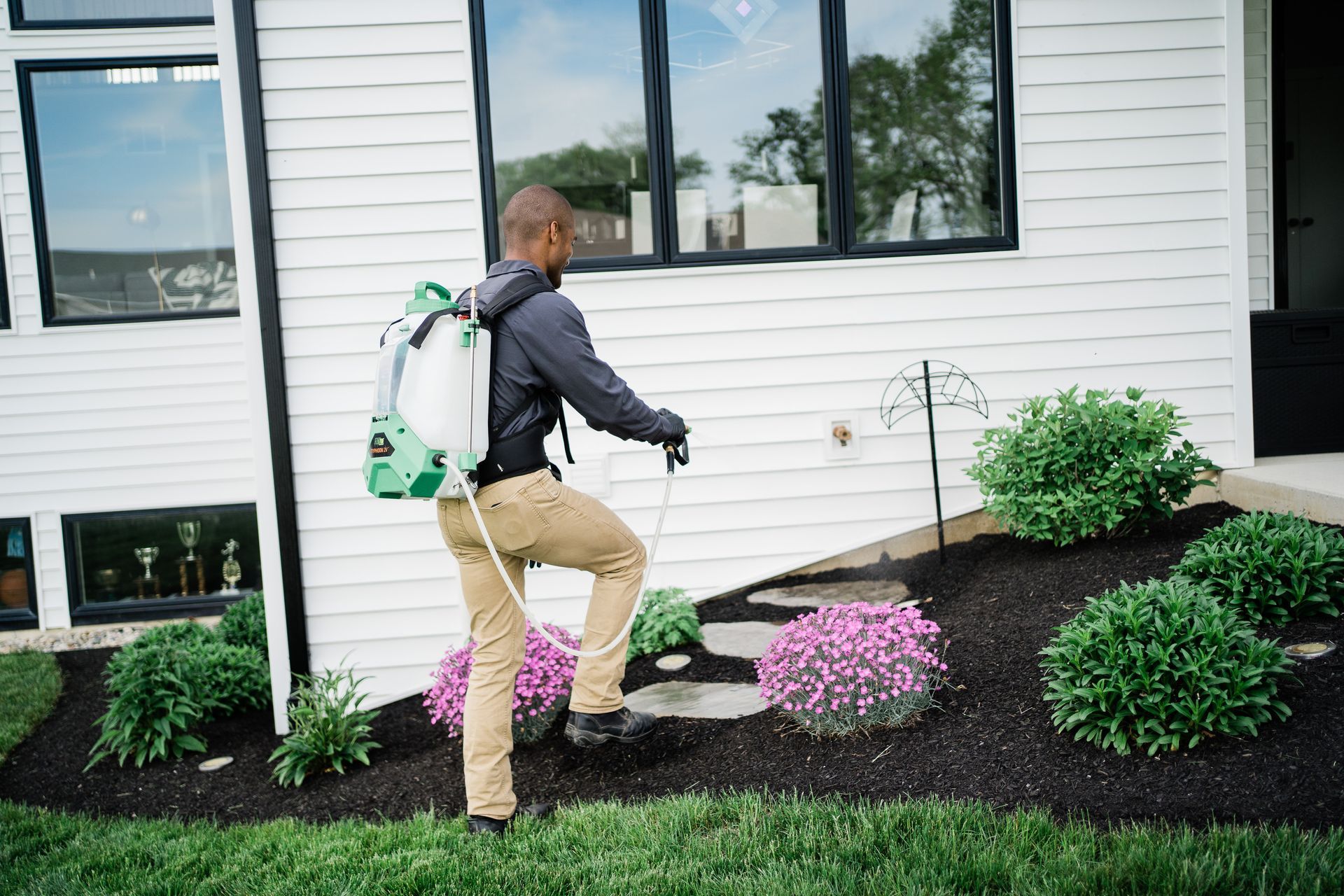
Key Safety Precautions
When pest control sprays are used, certain precautions should be taken to ensure safety:
- Proper Ventilation: Ensuring that the treated area is well-ventilated is crucial. Open windows and use fans to help circulate air and reduce the concentration of airborne chemicals.
- Avoiding Exposure: Stay out of the treated area until the pesticides have dried, usually taking between 2 to 4 hours. This prevents direct contact with wet chemicals, which are more likely to be absorbed through the skin or inhaled.
- Protective Equipment: If you must be in or near a treated area, use appropriate protective gear such as gloves and masks to minimize direct contact with chemicals.
Best Practices for Application
- Follow Directions: Always adhere to the label directions when using pesticides. This includes using the correct amounts and not applying more than recommended, as this does not increase effectiveness and can raise health risks.
- Professional Application: Hiring a trained and certified pest control professional can ensure that pesticides are applied safely and effectively. Professionals know the correct products to use for specific pests and scenarios, reducing the risk of improper application.
Alternatives to Chemical Sprays
Considering the potential risks associated with chemical pesticides, exploring safer alternatives can be beneficial:
- Non-Chemical Methods: Mechanical traps, baits, and barriers can control pests without the risks associated with sprays. Physical removal or barriers prevent pests from entering the home in the first place, reducing the need for chemical treatments.
- Natural Repellents: Ingredients like diatomaceous earth, essential oils (such as peppermint and tea tree oil), and vinegar can deter pests naturally without the toxicity of conventional pesticides.
- Preventive Measures: Often, the best way to manage pests is to prevent them from becoming a problem. Regularly inspecting and sealing entry points, reducing moisture in and around the home, and keeping food in sealed containers can significantly reduce pest attractions and infestations.
Conclusion
While pest control sprays are effective at eliminating pests, ensuring the safety of yourself and others during and after application is paramount. By understanding the risks, taking appropriate precautions, and considering alternative methods, you can maintain a pest-free home safely and responsibly. Always consult with professionals and refer to product labels for specific safety and usage instructions to ensure that you are handling these products correctly.
Want To Learn More? Contact Us
Excellent pest control service in Richmond doesn't have to compromise the well-being of your family or pets. Opt for a professional pest control service that prioritizes eco-friendly and pet-friendly products, ensuring your home remains safe from pests and harsh chemicals.
Feel free to contact our team to discover more about our safe and environmentally conscious pest management solutions.
Like this post? Share it here...

